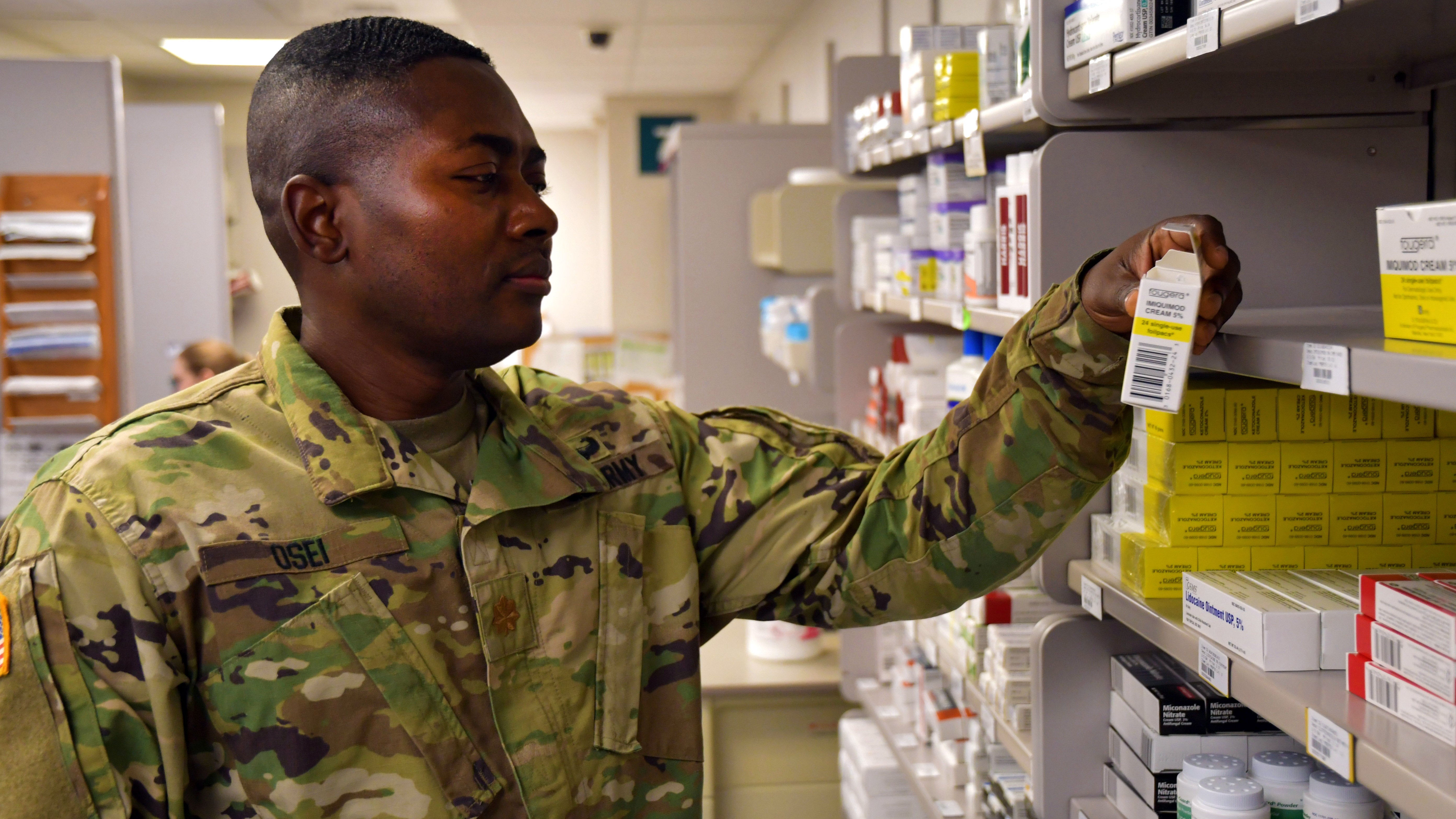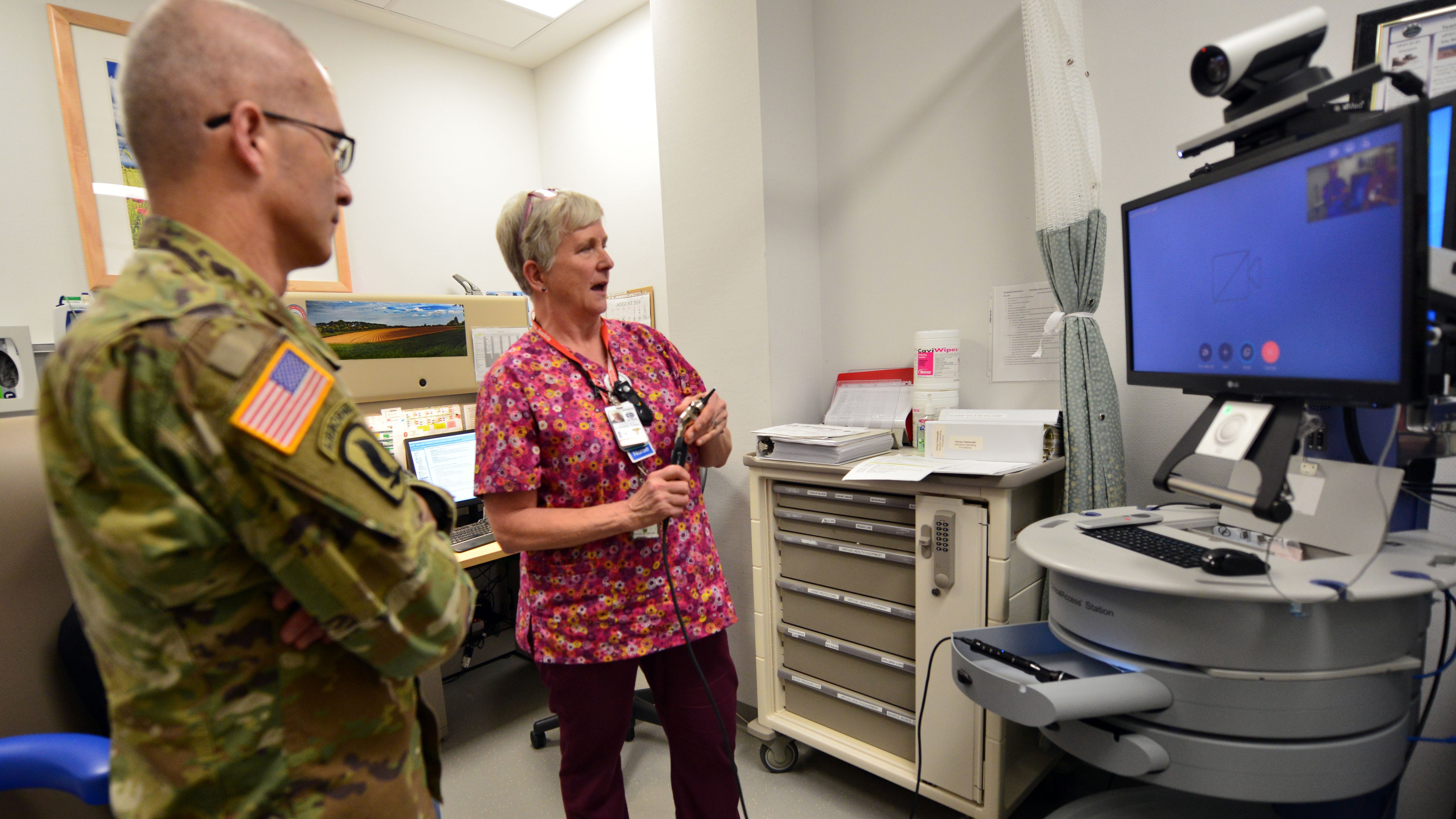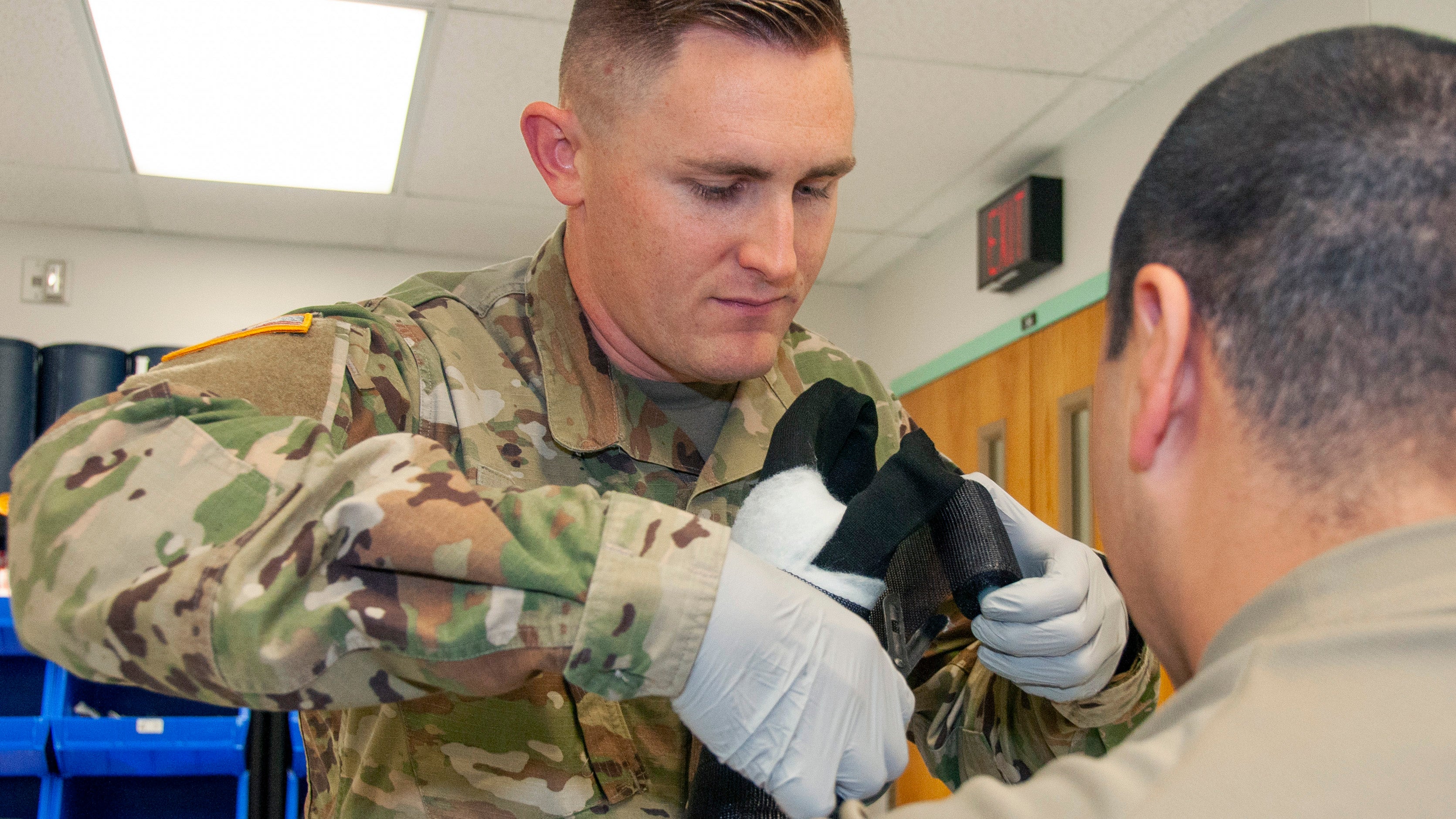AUSA Seeks Waiver of Mail-Order Prescription Copay

The Association of the U.S. Army has joined in an effort asking Congress to immediately waive Tricare copayments for mail-order prescriptions.
In a joint letter to Congress, AUSA and other military and veterans’ groups say pharmacies at military treatment facilities are “high-traffic areas” that should be avoided during the global coronavirus pandemic, but the Tricare fee structure discourages beneficiaries from going elsewhere for their prescriptions.









